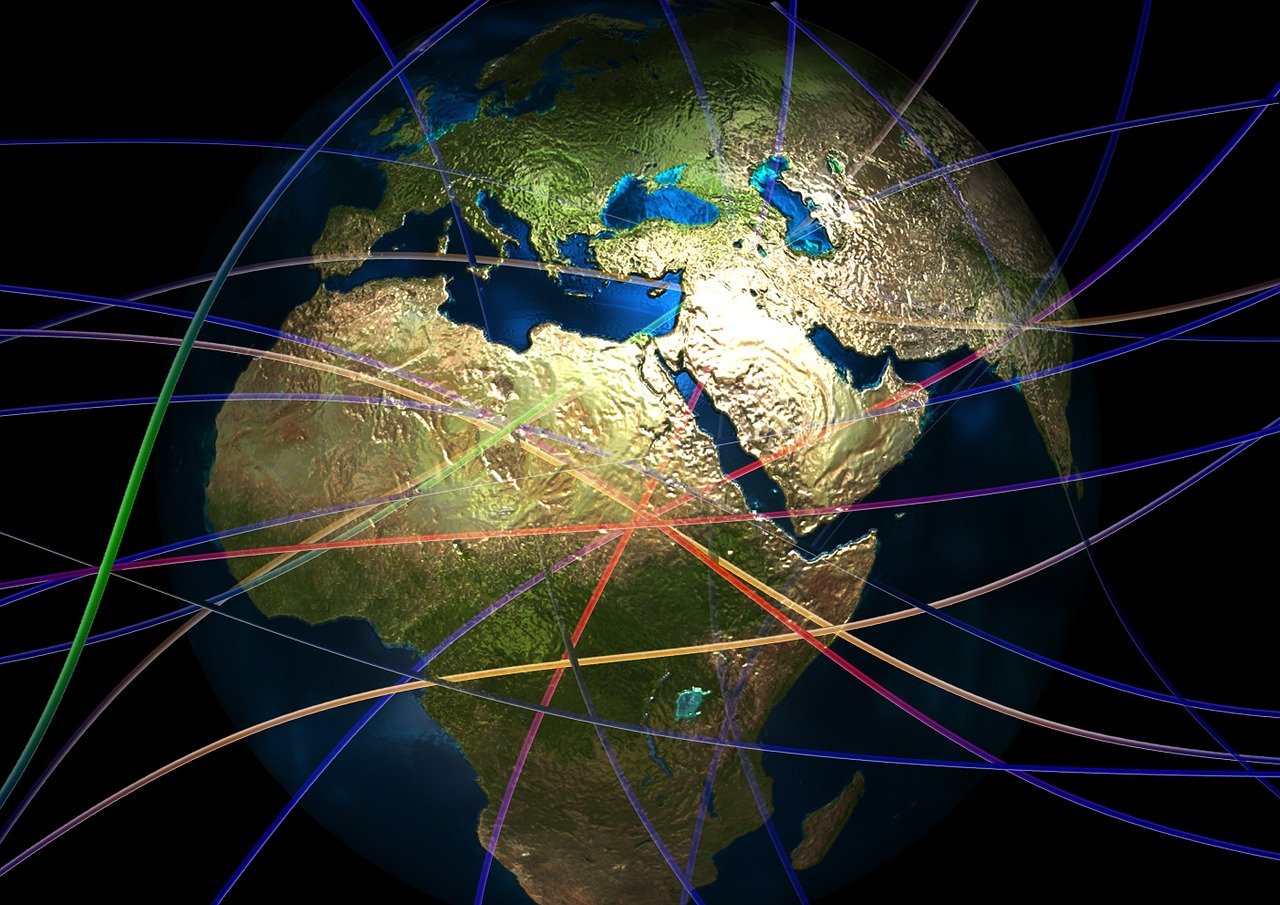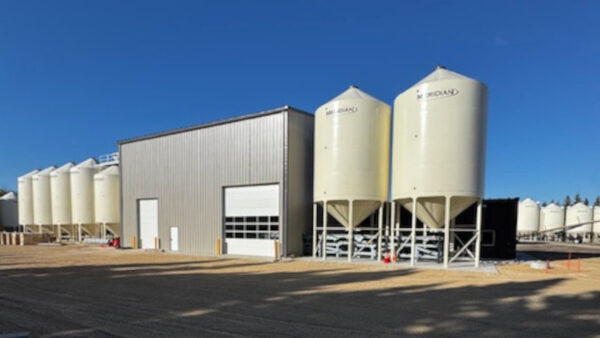In a world experiencing ever-increasing unrest, the Canadian seed industry faces a pressing question: how should it prepare for the growing global instability that seems to be on the horizon?

Unfortunately, I’m not sure we’re having a serious conversation on how to do that.
It’s a topic that resonates far beyond the confines of just seed production, with implications for food security, economic stability, and global cooperation. It’s clear that the Canadian seed industry has a vital role to play in safeguarding not only its interests but also the well-being of the nation and the world at large.
Global instability is no longer an abstract concept or a buzzword that sounds good on a podcast. From global conflicts like the violence happening in the Middle East that could have ripple effects for oil prices and more, to trade tensions like the recent Canadian canola ban that China had in place for three years, to the gathering political storm we’re all watching build in the United States, to the profound consequences of climate change, Canada is experiencing a tumultuous period, and this turmoil is increasingly going to affect us.
Here are a few key factors to consider:
- Climate Change: This poses an existential threat to agriculture, impacting crop yields, changing pest and disease patterns, and making traditional growing practices less reliable. As the world warms, Canada’s agricultural landscape will face new challenges, making it imperative for the seed industry to continue to invest in the development of resilient and adaptable crop varieties.
- Global Trade: Trade tensions and disruptions have already affected the Canadian seed industry, with international markets becoming increasingly unpredictable. A diversified approach to export markets and a focus on strengthening domestic production are strategies to mitigate these risks.
- Geopolitical Uncertainty: These can have far-reaching impacts, potentially disrupting supply chains, creating barriers to trade, and affecting our industry’s access to crucial resources. Companies should explore ways to minimize their exposure to geopolitical risks.
- A Declining World Population: Contrary to popular belief, the world population is experiencing a crash that is only going to get more significant. There’s a very solid argument to be made that we will not have 9 billion mouths to feed in 2050; in reality, we’re set to have far fewer people on the planet in the coming decades, and that means fewer mouths to feed — not more. This has a direct impact on the number of customers the seed industry serves and could present an existential threat to our sector.
So, what steps should the Canadian seed industry take to prepare for this increasing global instability?
- Invest in Research and Innovation: Continued research and development are essential to breed crops that can thrive in changing environmental conditions. Investments in innovative breeding techniques, such as gene editing, can help create crops that are more resilient and productive.
- Diversify Markets: We should actively explore and cultivate new markets. Reducing dependence on a few key trading partners can buffer the impact of political and trade disruptions.
- Collaboration and Cooperation: Collaboration with international partners can help navigate geopolitical tensions. Engaging in cooperative projects can ensure a steady flow of genetic materials for breeding and facilitate knowledge exchange.
- Climate Adaptation: Focus on breeding for climate adaptation is paramount. Developing crop varieties that can withstand droughts, floods, and extreme temperatures is essential to secure the future of agriculture.
- Sustainable Practices: Reducing carbon emissions, conserving soil health, and protecting biodiversity are integral parts of the industry’s role in global stability. Also, consider how your business will thrive with fewer customers and not more.
The writing is on the wall: we must be prepared for increasing global instability. The challenges of climate change, trade tensions, and geopolitical uncertainty require proactive measures. By investing in innovation, diversifying markets, and embracing a cooperative spirit, we can play a crucial role in ensuring food security, promoting global stability, and safeguarding the future of agriculture in Canada and around the world.
The path forward is undoubtedly challenging, but it is also filled with opportunities for those who are willing to adapt and lead the way.











